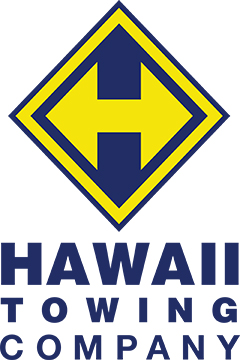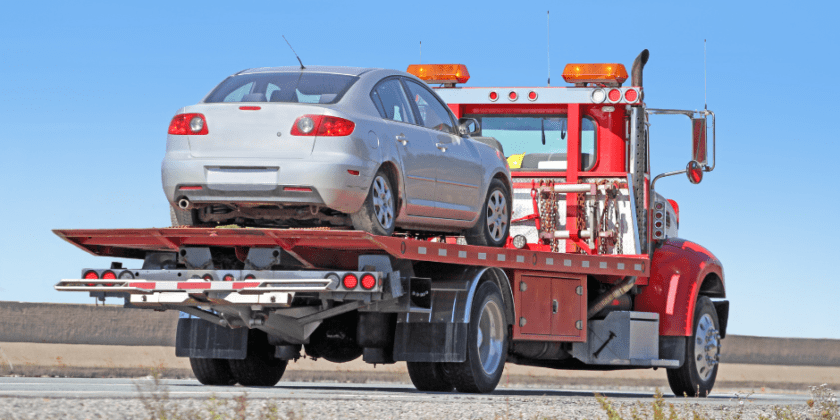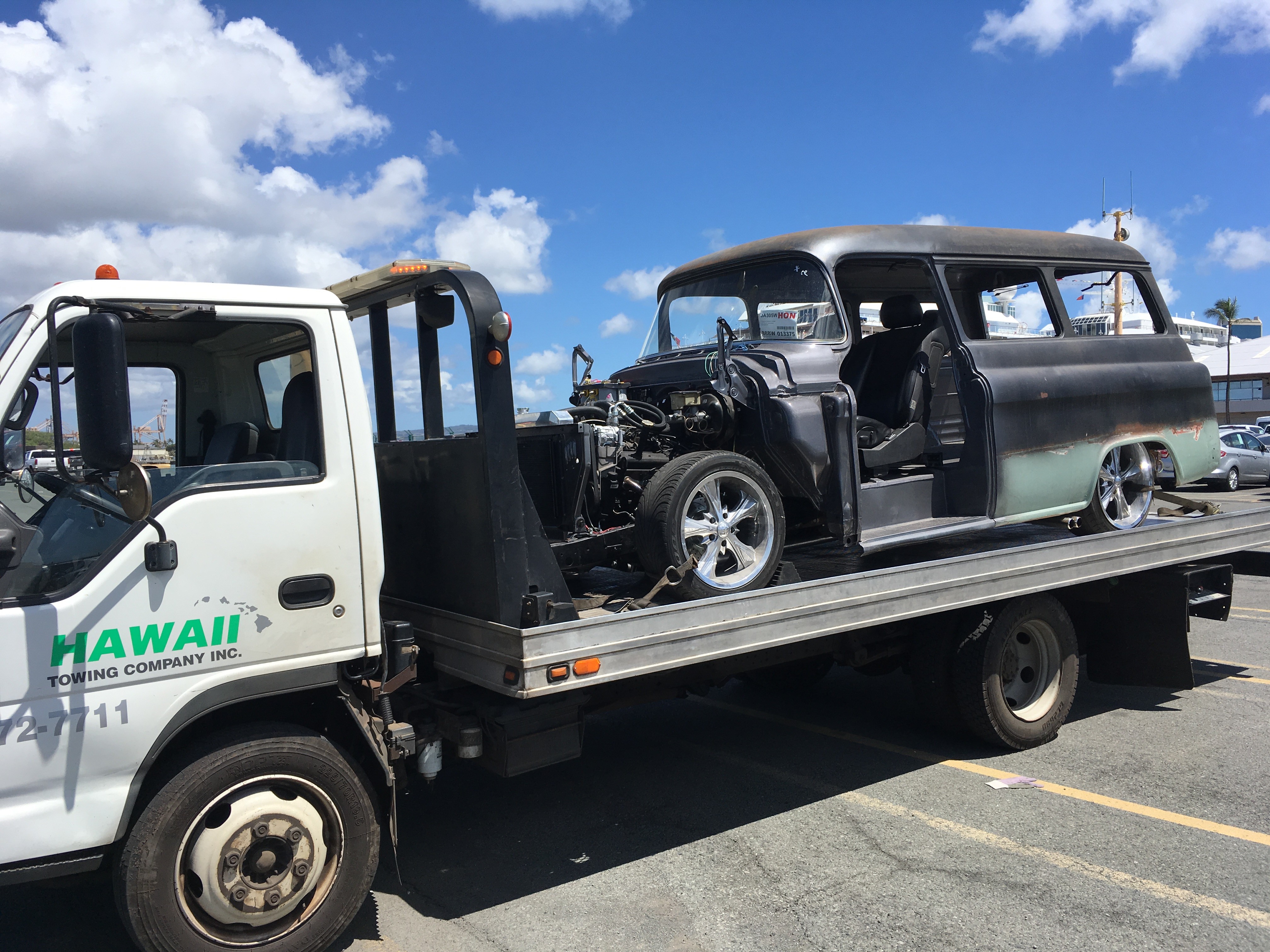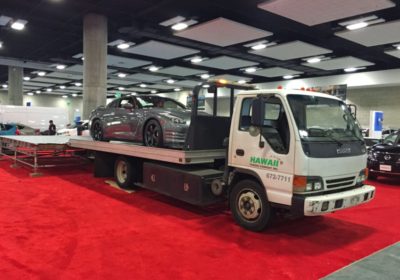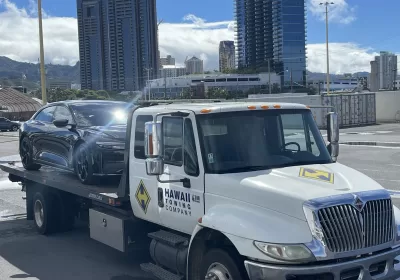Towing a vehicle might seem straightforward, but it’s a task that demands precision and caution to ensure the safety of both the towing vehicle and the one being towed. Whether you’re a professional tow truck operator or towing your friend’s car with your pickup truck, understanding the intricacies of safe towing is essential. In this guide, we’ll delve into expert tips curated to enhance your towing experience, minimize risks, and ensure a smooth journey from start to finish. Whether you’re navigating through city streets or cruising down the highway, these tips will serve as your compass, guiding you towards safe and efficient towing practices. Let’s embark on this journey together, where safety is the ultimate destination.
Understanding Weight Limits: The Key to Safe Towing

When it comes to towing with a tow truck, understanding weight limits is not just a matter of compliance; it’s a fundamental aspect of ensuring safety on the road. Exceeding weight limits can lead to decreased maneuverability, compromised braking ability, and even catastrophic accidents. In this blog post, we’ll delve into the importance of understanding weight limits and provide practical tips for towing safely with a tow truck.
Know Your Tow Truck’s Capacity
Before hooking up any vehicle for towing, it’s crucial to know the towing capacity of your tow truck. This information can usually be found in the owner’s manual or by consulting the manufacturer. Exceeding the tow truck’s capacity can strain the engine, transmission, and other components, compromising safety and potentially causing damage.
Determine the Weight of the Vehicle Being Towed
Equally important is knowing the weight of the vehicle you intend to tow. This includes not only the curb weight but also any additional cargo or passengers it may be carrying. Exceeding the tow truck’s capacity with an overweight load can lead to instability and loss of control, especially during braking and cornering.
Calculate Gross Combined Weight Rating (GCWR)
The Gross Combined Weight Rating (GCWR) is the maximum allowable weight of the tow truck and the loaded trailer combined. It’s essential to calculate this figure to ensure you’re not exceeding the overall capacity of the towing setup. Exceeding the GCWR can strain the tow vehicle’s frame, suspension, and brakes, posing a significant safety risk.
Consider Trailer Tongue Weight
Trailer tongue weight refers to the downward force exerted on the hitch ball by the trailer coupler. Maintaining the proper tongue weight is crucial for stability and control while towing. Aim for a tongue weight that is around 10-15% of the trailer’s total weight. Too much or too little tongue weight can lead to trailer sway and loss of control.
Use Weight Distribution Hitches
For towing heavy loads or trailers with uneven weight distribution, consider using a weight distribution hitch. These hitches help distribute the trailer’s weight more evenly across the tow vehicle and trailer axles, improving stability and handling. Always follow the manufacturer’s instructions for proper installation and adjustment.
Proper Hitching Techniques: Ensuring a Secure Connection
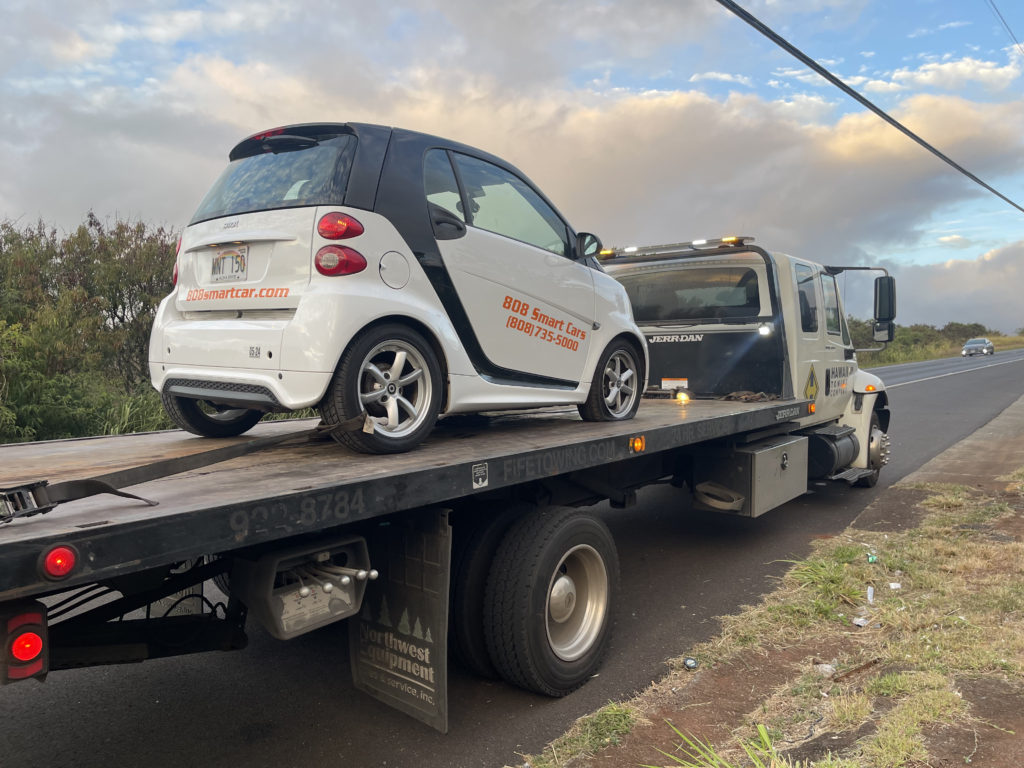
A secure hitch connection is the cornerstone of safe towing with a tow truck. Properly hitching the vehicle being towed ensures stability, control, and peace of mind throughout the journey. In this blog post, we’ll explore essential hitching techniques and best practices to help you achieve a secure connection every time you tow with a tow truck.
Choose the Right Hitch
Selecting the appropriate hitch for your towing needs is crucial. Consider factors such as the weight of the vehicle being towed, the tow truck’s towing capacity, and the type of trailer being used. Choose a hitch that is rated to handle the load you’ll be towing and ensure it is compatible with both the tow vehicle and the trailer.
Position the Tow Truck Properly
Before hitching the vehicle being towed, position the tow truck on level ground and in a straight line with the trailer. This will make it easier to align the hitch and ensure a proper connection. Avoid itching on uneven terrain or at extreme angles, as this can lead to misalignment and difficulty in securing the hitch.
Align the Hitch and Coupler
Take your time to align the hitch ball with the trailer coupler accurately. Use a spotter if necessary to guide you into position. Once aligned, lower the trailer coupler onto the hitch ball, ensuring that it fully engages and locks into place. Double-check that the hitch and coupler are securely connected before proceeding.
Secure the Coupler Locking Mechanism
Most trailer couplers feature a locking mechanism to prevent accidental disconnection during towing. Ensure that this mechanism is engaged and properly secured according to the manufacturer’s instructions. Test the locking mechanism by applying downward pressure on the trailer tongue to confirm that it remains securely attached to the hitch ball.
Attach Safety Chains
Safety chains provide an additional layer of security in case of hitch failure or detachment. Cross the chains under the trailer tongue and attach them to the tow vehicle’s frame or hitch receiver using sturdy hooks or connectors. Adjust the chains to remove any slack but ensure they are not overly tight, allowing for adequate movement during turns.
Emergency Preparedness: Dealing with Unexpected Situations
No matter how meticulously you plan your towing journey, unexpected situations can arise at any moment. From mechanical failures to adverse weather conditions, being prepared for emergencies is essential for every tow truck operator. In this blog post, we’ll explore the importance of emergency preparedness and provide key points to help you handle unexpected situations safely and effectively.
- Carry Essential Equipment: ,Always have a well-stocked emergency kit on board your tow truck. This kit should include items such as a jack, lug wrench, jumper cables, flashlight, first aid supplies, reflective triangles or flares, and a basic toolkit. Having these essentials readily available can help you address common roadside emergencies quickly.
- Know How to Handle Tire Blowouts: Tire blowouts are a common occurrence when towing heavy loads. In the event of a blowout, remain calm and gradually slow down while maintaining a firm grip on the steering wheel. Avoid sudden movements and pull over to a safe location as soon as possible. Use caution when changing the tire and always follow proper safety procedures.
- Understand Vehicle Malfunctions: Familiarize yourself with common mechanical issues that may occur while towing, such as engine overheating, transmission problems, or brake failures. Know how to identify warning signs and take appropriate action to prevent further damage or accidents. In some cases, it may be necessary to call for professional assistance.
- Practice Safe Roadside Procedures: When dealing with emergencies on the roadside, prioritize safety for yourself and other road users. Park your tow truck in a visible location with hazard lights activated, and use reflective triangles or flares to warn approaching traffic. Maintain a safe distance from passing vehicles and wear high-visibility clothing to enhance visibility.
Conclusion
The advantages of utilizing a tow truck service for your vehicle, exemplified by Hawaii Towing Company Inc based in Waipahu, Hawaii, are manifold. Not only does it offer a reliable solution in times of vehicle breakdowns or accidents, but it also provides peace of mind knowing that professional assistance is just a phone call away, reachable at (808) 672-7711. With the assurance of prompt and efficient service, customers can trust in the expertise of trained professionals to handle their vehicle with care and ensure its safe transportation to a desired destination. Thus, opting for a tow truck service not only safeguards the integrity of one’s vehicle but also fosters convenience and reliability in times of automotive distress.
